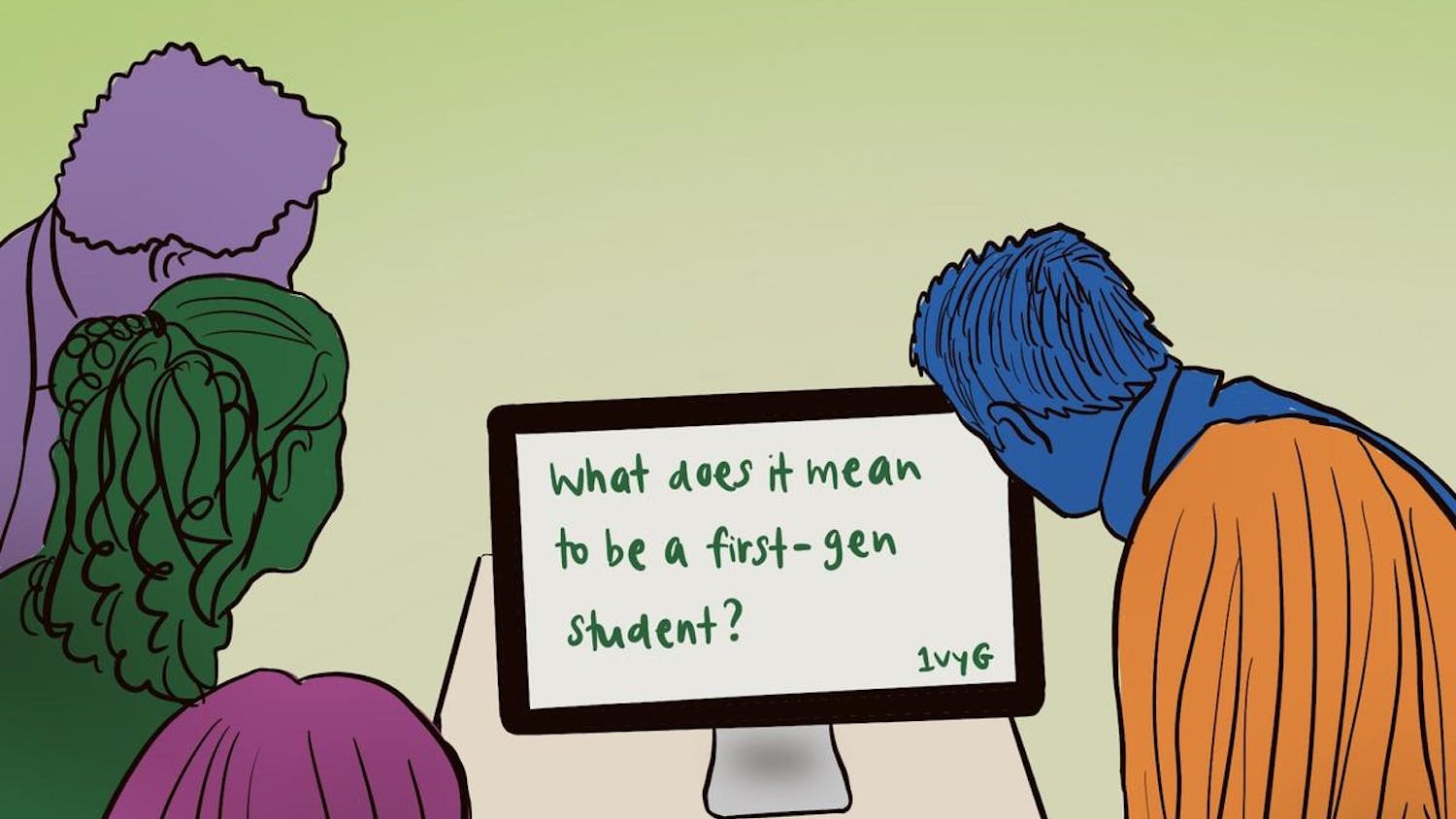More than 150 state employees, teachers and municipal employees addressed lawmakers at the first of three public hearings of the joint Rhode Island House and Senate Finance Committees on pension reform legislation Wednesday. The hearing, which lasted nearly 11 hours, concluded around 10 p.m.
The Rhode Island Security Act of 2011, proposed by Gov. Lincoln Chafee '75 P'14 and General Treasurer Gina Raimondo, would dramatically alter public sector employees' pensions to reduce the current $9.4 billion shortfall in state and municipal pension systems. The bill's supporters say it is necessary to avoid sharp tax increases and budget cuts to state-funded programs.
The bill would freeze cost-of-living-adjustments for 12 or 19 years depending on the value of a pension and raise the retirement age from 62 to 67. It also would change the state-run system to a new hybrid pension plan, giving retirees both a small, guaranteed benefit and an individual investment account that would contribute to their income.
Witnesses represented a diverse array of organizations, including the AARP and prominent public employee unions such as the National Education Association of Rhode Island — the state's largest teachers union — and Council 94 of the American Federation of State, County and Municipal Employees, Rhode Island's largest public employee union.
Public school teachers and retirees — almost all of whom spoke against the proposed bill — comprised the majority of witnesses.
Phil Keefe, president of the Service Employees International Union and a member of the pension advisory group tasked by the governor and treasurer with examining reform options, was the first witness to address the finance committees. He stressed the importance of ensuring that reforms avoid "draconian changes" and provisions favoring special interest groups.
"The bill has failed miserably on both accounts," he said. He explained that the bill would not force the highest wage earners into the hybrid program, and that only the "serfs" would suffer. He added that though the current budget shortfall is a serious problem, claims that it is a crisis requiring immediate action are exaggerated.
Maureen Martin, director of political activities for the Rhode Island Federation of Teachers and Health Professionals and secretary-treasurer of the Rhode Island AFL-CIO, addressed the increase in the amount of work hours per week required to be eligible for a pension. The increase from 20 to 35 hours would significantly hurt female employees, who make up the majority of workers depending on low-wage, part-time jobs, she said.
One witness claimed it would reduce retirees' buying power and ultimately hurt the state's economy. Others said it was unfair to health care workers who took state jobs for less pay than they could have received elsewhere in exchange for retirement security and argued that it undermines the value of work in unfair and inequitable ways.
"The bill has been characterized as a math problem, but right now, it's a civil and human rights problem," said Frank Flynn, president of the Rhode Island Federation of Teachers and Health Professionals.
The speakers were not all against the bill. More than 20 individuals signed up to testify in favor of the reforms, including many small business owners.
The hearings will continue tomorrow and next Tuesday. Public safety employees, correctional officers, state police and judges will address the committees during the second hearing, and the third hearing will focus on independent pension plans that are not included in the Municipal Employee Retirement System.




